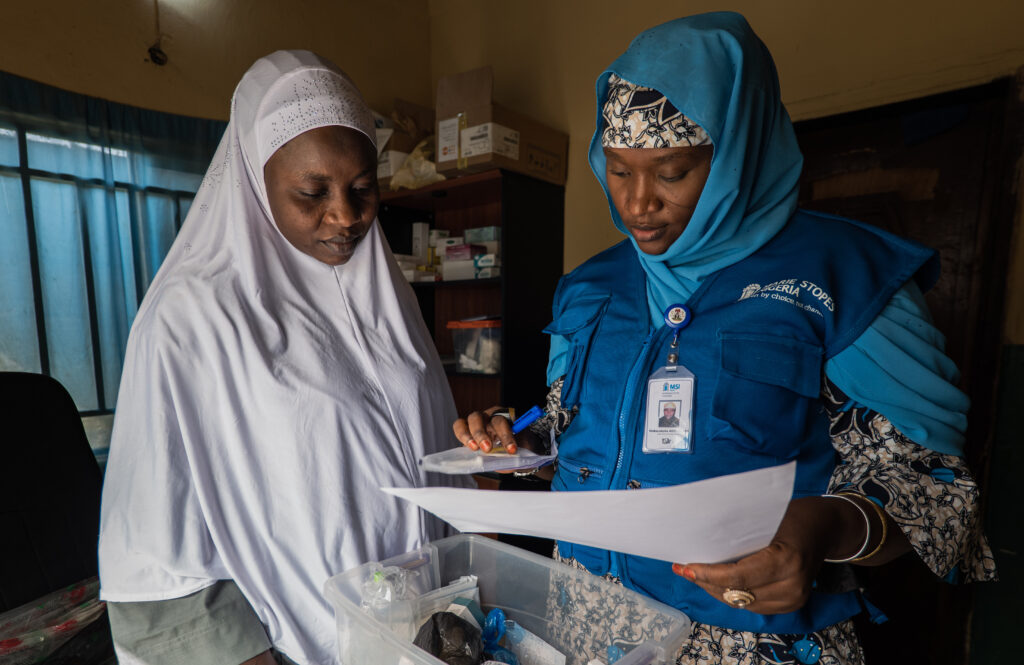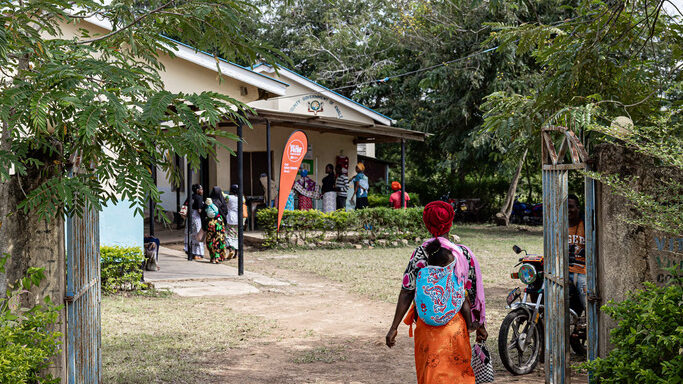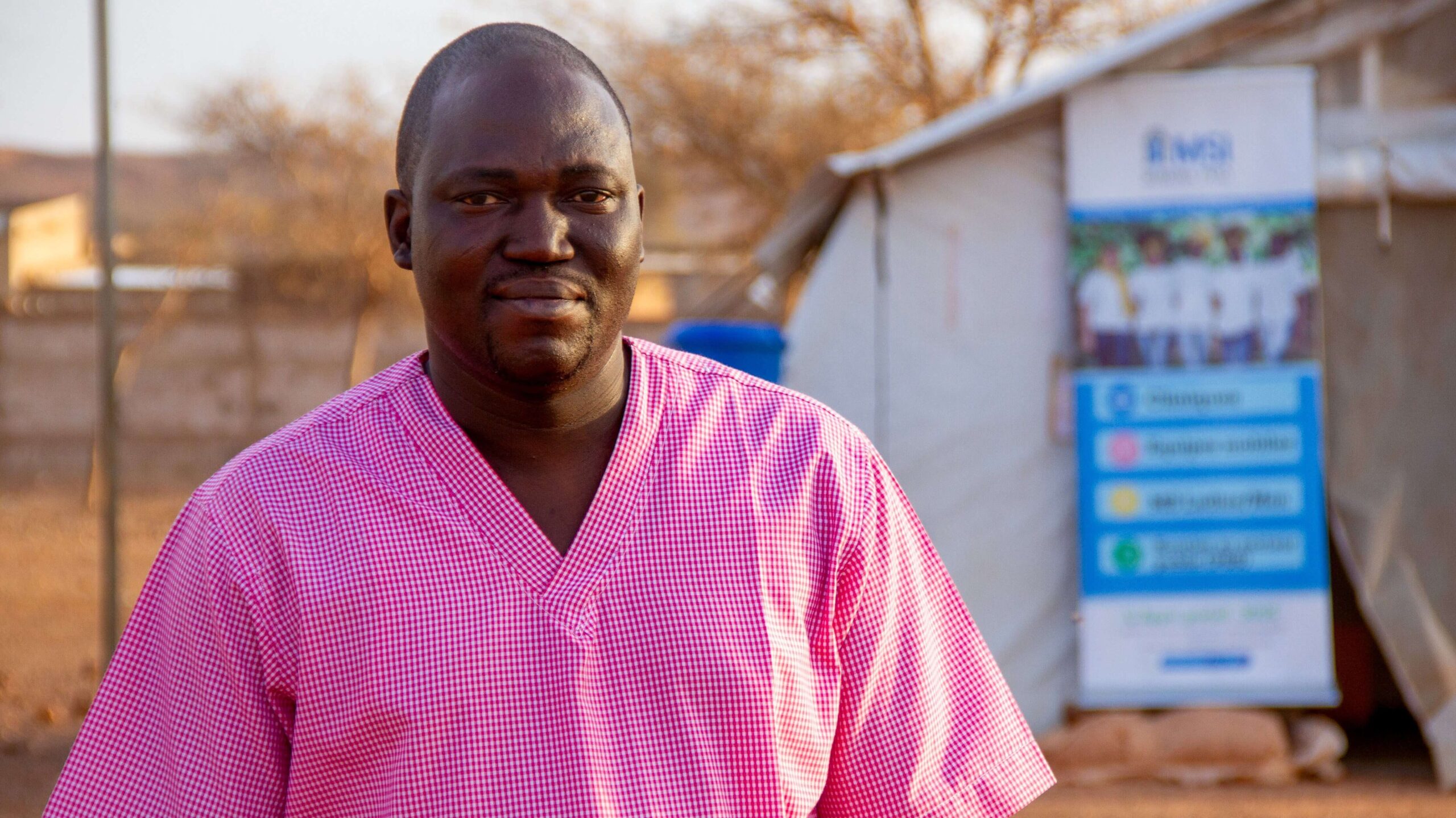
For many people, their closest, affordable provider of sexual and reproductive healthcare is a public sector facility, but the services on offer can be limited. The clinics can be short on the right supplies, and staff are not always trained to offer a full range of contraceptive methods. This creates divides in women’s access to healthcare.
Through MSI’s health system strengthening work, we’re partnering with governments around the world to change this. Working closely with local communities, healthcare facilities and governments, MSI aims to:
- Shift community norms and break down stigma
- Build the skills of reproductive healthcare providers
- Put client-centred data and voices at the heart of decision-making
- Drive policies that support best-practice services
- Stock quality supplies and build strong supply chains
To understand the impact and sustainability of this work, our partners at the Children’s Investment Fund Foundation (CIFF) commissioned research with the Centre for Research, Evaluation Resources and Development (CRERD) and the Population Council, assessing the impact of MSI Nigeria’s Public Sector Strengthening model.
In Nigeria, MSI has partnered with the government since 2012, and currently supports almost 2,500 public sector facilities across 35 states through health system strengthening. The research found that the Public Sector Strengthening model has “significantly enhanced the performance of [public] healthcare facilities, particularly in the areas of contraceptive availability and stock management.”
The research noted that the model is increasing contraceptive choice for women by significantly increasing access to long-acting reversible contraceptives (LARCS), including IUDs and implants. This was achieved through community awareness activities, effective stock management and public sector provider training, meaning “LARCS became the preferred contraceptive method for many clients across multiple regions, underscoring the demand for long-term family planning solutions.”
The research paper concluded that “the MSI PSS model has had a transformative impact on reproductive health services in Nigeria, resulting in increased contraceptive use and improved service quality,” with recommendations for how to ensure this impact is sustained.








